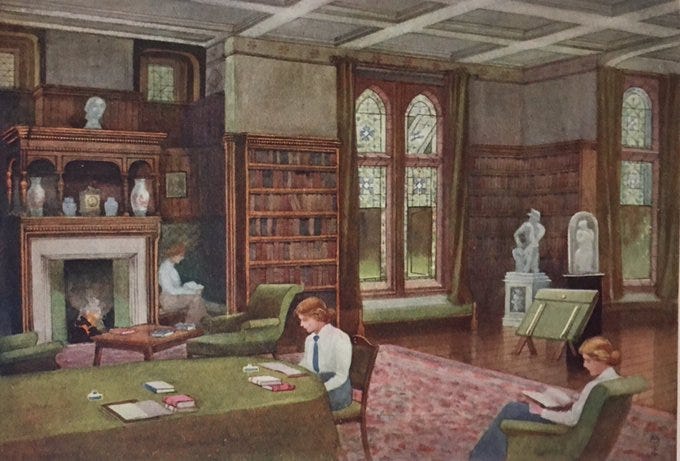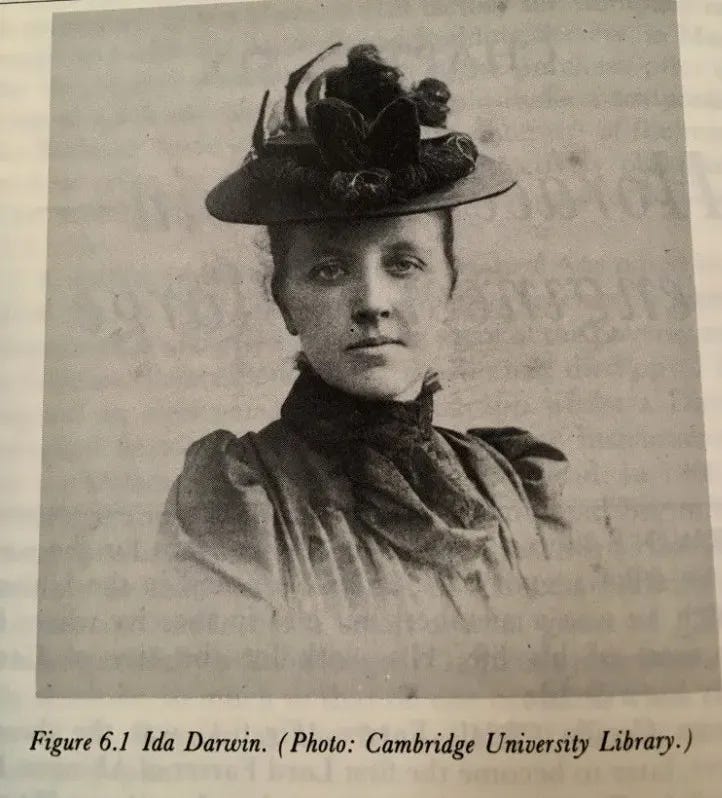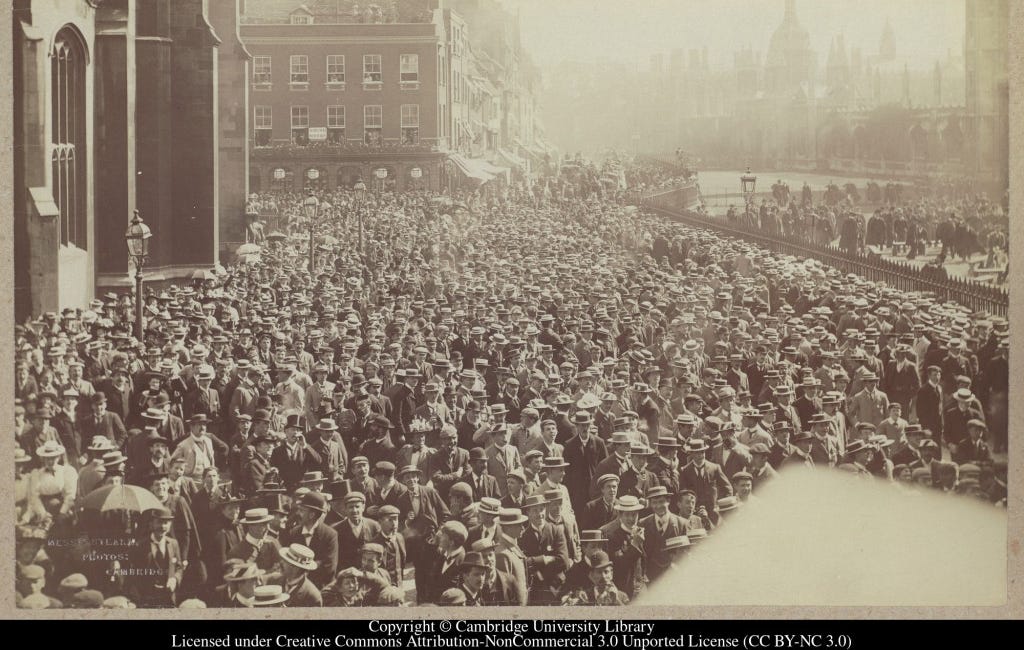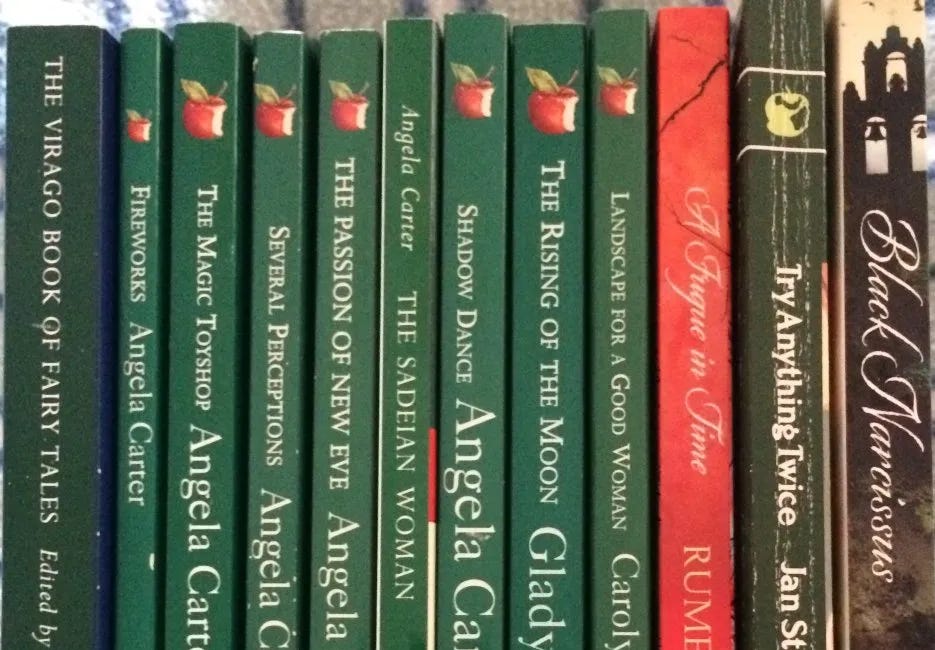Hello and welcome!
I’m Dr Ann Kennedy Smith, a published author, essayist and literary critic and this is my newsletter/blog called ‘Cambridge Ladies’ Dining Society’. It was a Substack-featured publication last year, and if you’d like to find out more, please read on...
‘Ann Kennedy Smith writes about all things Cambridge, England, with a particular focus on women and literature. I’ll be honest: I didn’t think it was going to be for me when I first came across it. No rock ’n’ roll in that title. But the stories she unearths are gripping, culturally significant, surprising.’
(Nick Hornby, The Substack Post, July 27 2024)
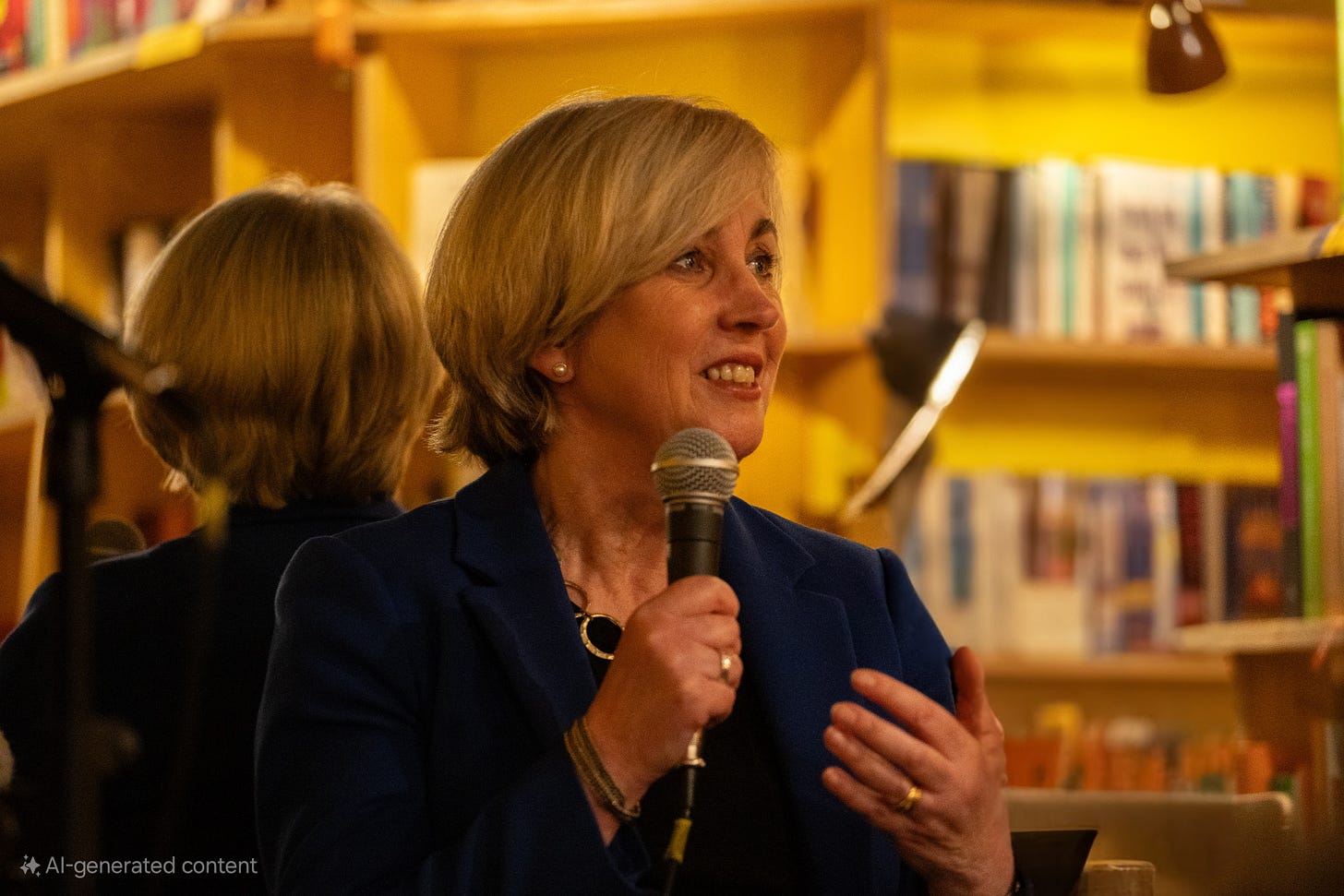
About me
I’ve been a published author since 2011 (Painted Poetry: Colour in Baudelaire’s Art Criticism) and previously taught literature and art history for Cambridge University’s extension programme. After studying for a Master’s in Creative Writing (Biography and Nonfiction) at UEA in 2015 my career changed course and I became an independent researcher (thank you, Women’s History Network) and a freelance writer, reviewing books and writing essays for the Times Literary Supplement, Slightly Foxed, History Today and other publications.
I’m usually to be found in libraries and college archives, poring over letters and diaries to find out more about the students, scholars and newly married women who arrived in Cambridge in the 1870s and 1880s after the first two (unofficial) colleges for women opened their doors, and the semi-monastic male colleges permitted their lecturers to marry. Virginia Woolf once called the University of Cambridge ‘that detestable place’ for its protracted refusal to give women degrees, but there’s no doubt in my mind that the women who studied, lectured and lived there from the 1870s onwards changed it for the better.
About my Substack
The title Cambridge Ladies’ Dining Society is in honour of an intellectual discussion club formed in 1890 by twelve women who met through friendship networks on the fringes of the élite, all-male university. So it seems a good name for a friendly place where we discuss books, writers and pioneering women in education. Popular posts include ‘‘No Women at Cambridge!’: The 1897 protests’; the close (but sometimes combative) relationship between Virginia Woolf and her poet nephew, Julian Bell; the lifelong influence of artist and writer Gwen Raverat’s house by the river, and Sylvia Plath and Ted Hughes ‘at home’ in their first married flat in Cambridge in 1956-7.
In our 20th-century book club for paid subscribers you’ll also find posts on interwar British and Irish novels, including F.M. Mayor’s The Rector’s Daughter.
One of my favourite things about writing on Substack is the close community we’re building here, so please get in touch if you have any questions. I’m always happy to hear from you.
‘Climb aboard Ann’s Substack, she has a treasure horde of women, literature and history to share!’ (Sarah Harkness, author of Literature For the People, (Pan Macmillan, 2024))
‘One of the joys of Substack is that it allows clever people with very specific interests to explore them at length. Her two-part piece about the 1897 protests in Cambridge—men taking to the streets in what looks like their thousands in an attempt to prevent women from taking a degree—is dumbfounding.’ (Nick Hornby, The Substack Post, July 27 2024)
'No women at Cambridge!' The 1897 protests, Part 1
On this sunny May day, King’s Parade in Cambridge looks much the same as in the photograph above, if considerably less crowded. This is the first of a special two-part post marking the anniversary of 21st May 1897, a notorious date in the history of the University, when a vote to award women the title of their degrees turned into a protest against women’s right to study at Cambridge. Attitudes towards access to higher education are very different today, thanks to the efforts of women and men who worked together over the years. This post contains references to deeply unpleasant historic views of women. (
Hidden women in history
Hello and welcome! I had such a lovely time earlier this week, taking part in a discussion hosted by cosi’s odyssey at the beautiful Libreria bookshop near London’s Brick Lane. Cosi Carnegie’s background is in classics and archaeology, and she’s passionate about sharing ancient history in an informative and accessible way. So I was delighted when she invited me,
Reading 20th-century women writers
Today’s post is the story of how, back in the 1970s, the UK publisher Virago started re-issuing novels by international women authors from the 19th and 20th centuries. Today there are lots of publishing imprints (eg Daunt Books and Persephone in UK; McNally Editions in USA) as well as magazines and literary podcasts that focus on recovering ‘lost’ literature, including


